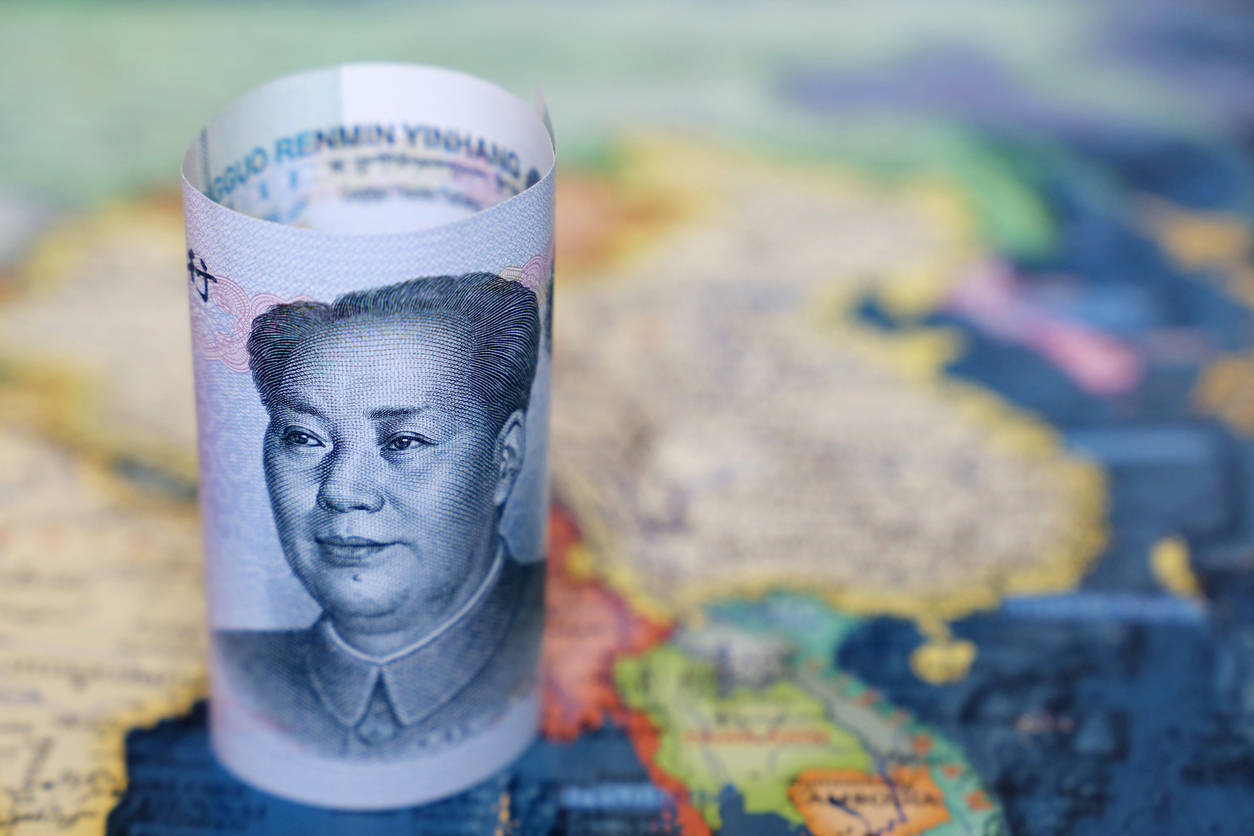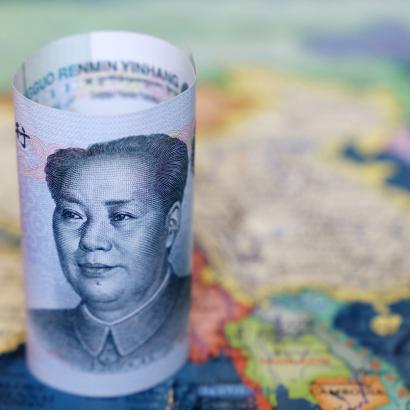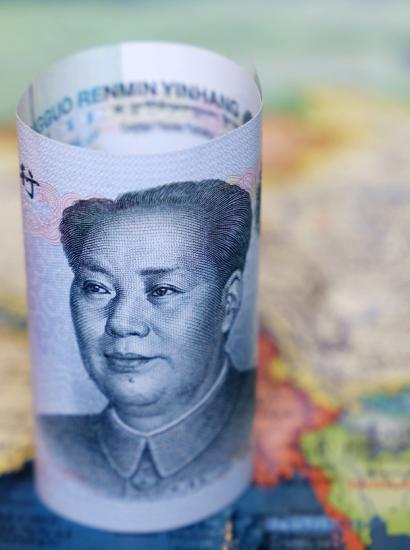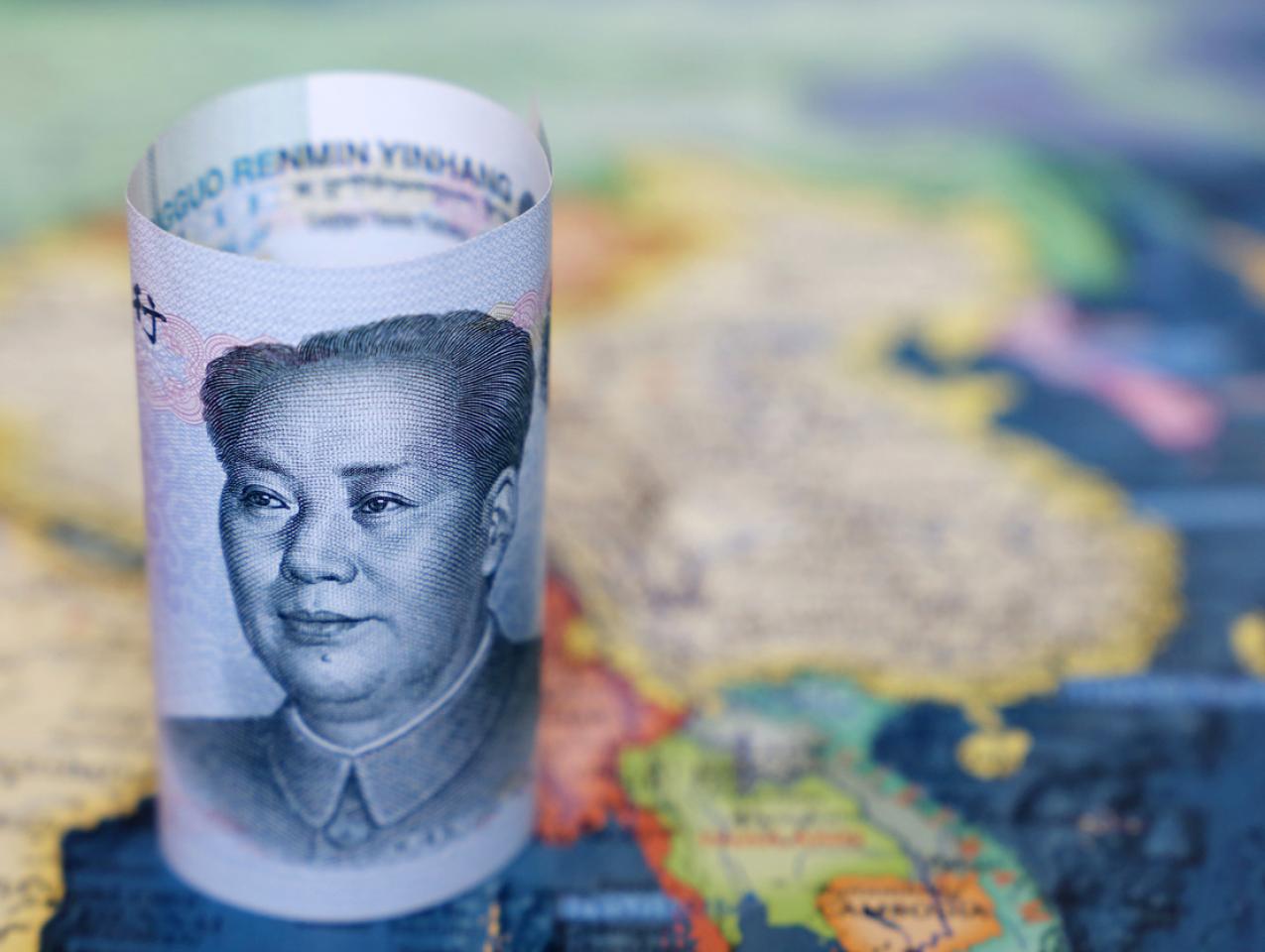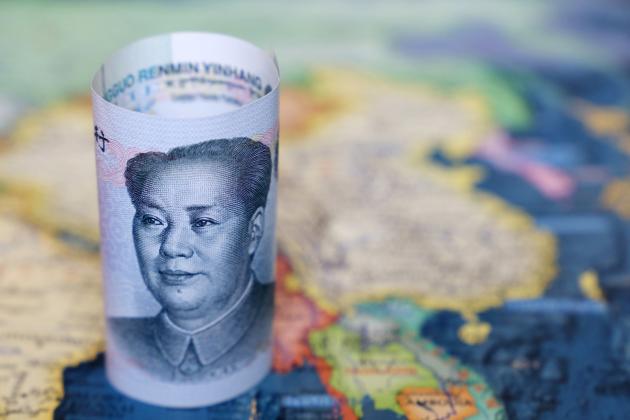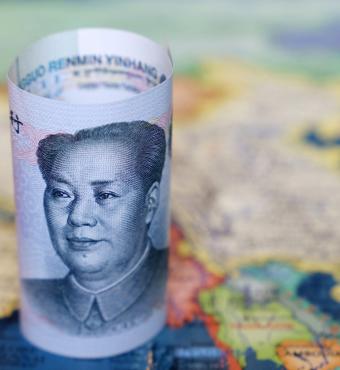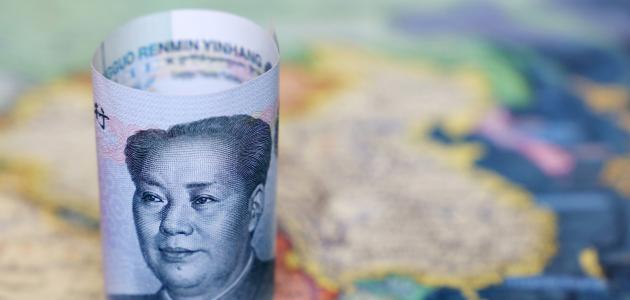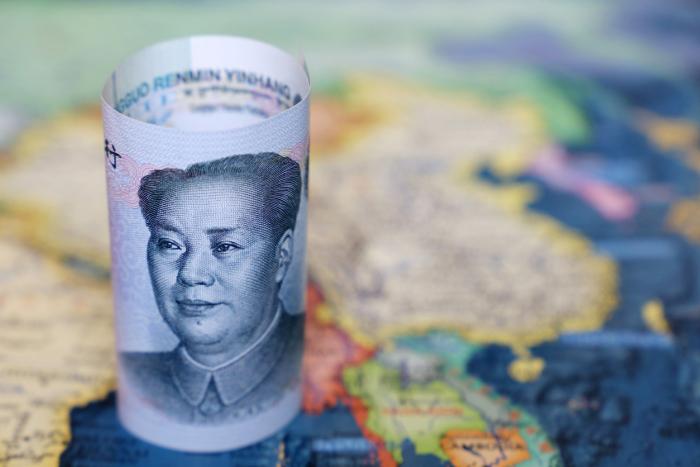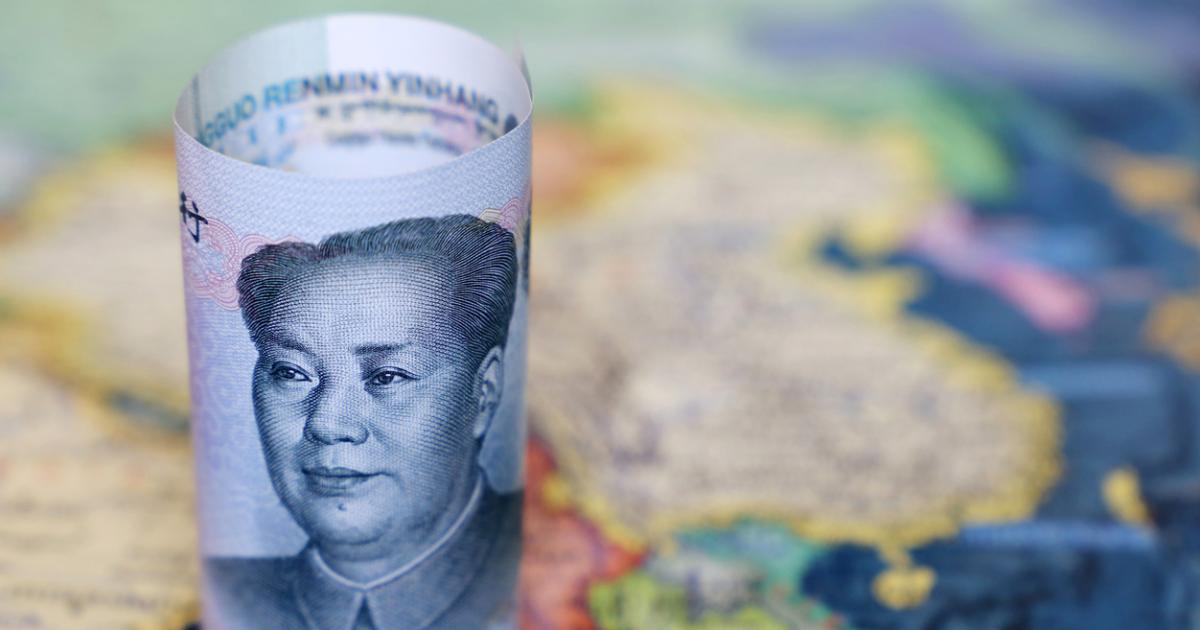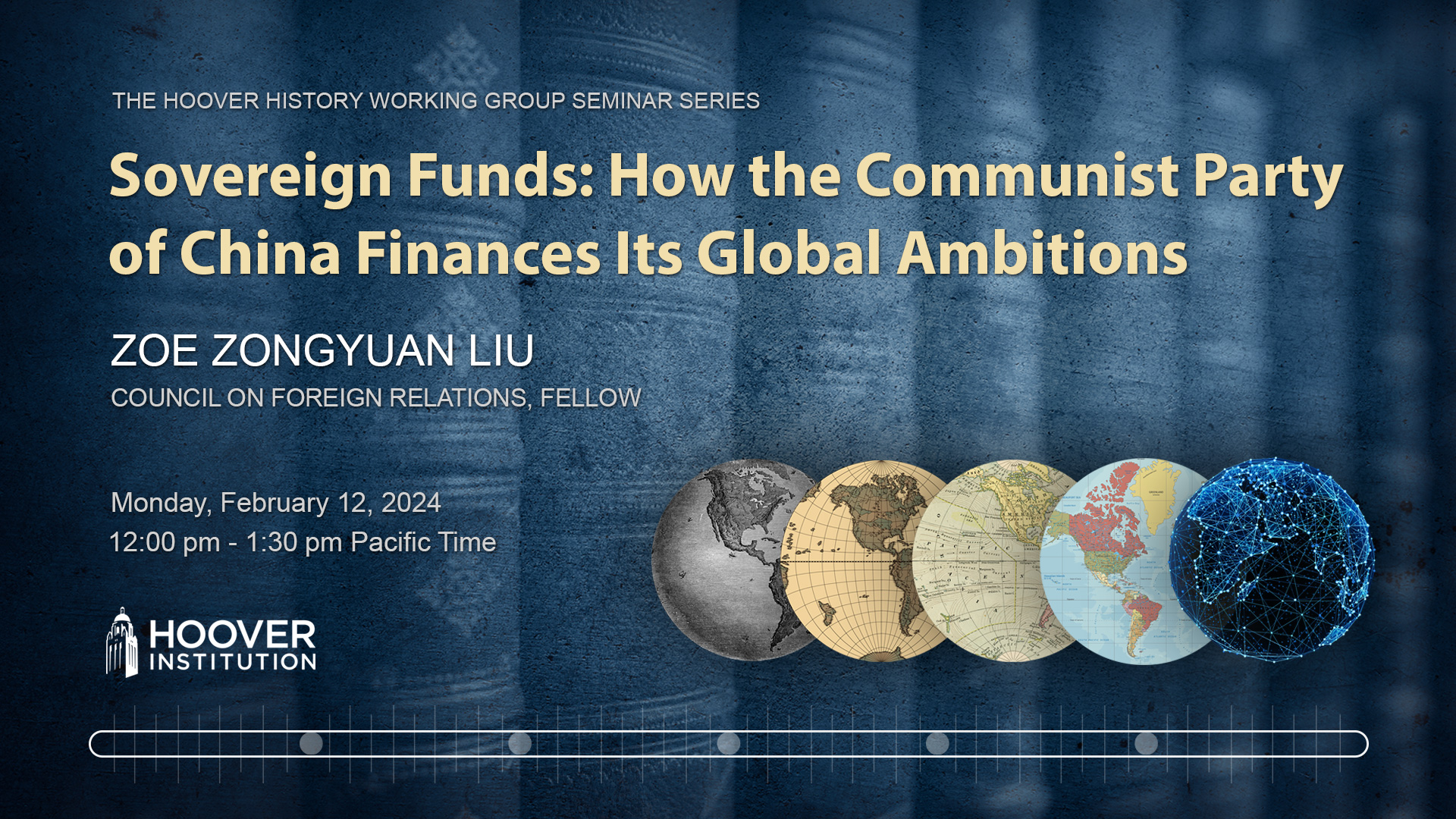One of the keys to China’s global rise has been its strategy of deploying sovereign wealth on behalf of state power. Since President Xi Jinping took office in 2013, China has doubled down on financial statecraft, making shrewd investments with the sovereign funds it has built up by leveraging its foreign exchange reserves. Sovereign Funds tells the story of how the Communist Party of China (CPC) became a global financier of surpassing ambition.
Dr. Liu offers a comprehensive and up-to-date analysis of the evolution of China’s sovereign funds, including the China Investment Corporation, the State Administration of Foreign Exchange, and Central Huijin Investment. Dr. Liu shows how these institutions have become mechanisms not only for transforming low-reward foreign exchange reserves into investment capital but also for power projection. Sovereign funds are essential drivers of the national interest, shaping global markets, advancing the historic Belt and Road Initiative, and funneling state assets into strategic industries such as semiconductors, fintech, and artificial intelligence. In the era of President Xi, state-owned financial institutions have become gatekeepers of the Chinese economy. Political and personal relationships with prestigious sovereign funds have enabled Blackstone to flourish in China and have fueled the ascendance of private tech giants such as Alibaba, Ant Finance, and Didi.
>> Matthew Lowenstein: I'm Matthew Lowenstein, a hooverfellow at the Hoover Institution here at Stanford University. And I'm pleased to have with us today Zoe Liu, who's presenting some of her really exciting new work on Chinese sovereign wealth funds. And this is going to be interesting to people who watch the Chinese economy and also who watch the growing strategic competition between China and the United States.
And Zoe is quite an accomplished scholar. She's the Maurice Greenberg Fellow for China studies at the Council on Foreign Relations. She researches there the international political economy, global financial markets, sovereign wealth funds, among other issues. And she's the author of two books, can BRICS De-dollarize the Global Financial System and Sovereign Funds, how the Communist Party of China finances its global ambitions.
And it's really an honor to have you here today, Zoe. So I'm gonna start off by just asking you basically, can you explain what is a sovereign wealth fund and what makes China's different?
>> Zoe Liu: Yeah, thank you so much, Matthew, for your extremely generous introduction and kind, and it's also a great honor to be here with you.
I really like the question you asked because that's really the motivation driving me to study sovereign funds. Most of the world's sovereign wealth funds are capitalized by the monetization of natural resources. Not surprisingly, for example, the very first one, the very first sovereign wealth fund was created by Kuwait in 1965 from oil revenues.
And most of the sovereign funds today are capitalized by revenues from natural resource endowments. Those are God given unincumbent wealth. You dig deep enough, you find the natural resources and you sell it in global market, you get the money. China is different, especially considering that China is now the world's largest crude oil importer and the largest LNG importer.
So naturally, the question becomes how China created its sovereign wealth fund? And as I looked into it, it turned out that actually in the process of creating its so called sovereign wealth fund is not based upon God given unincumbent wealth. It actually involves the Chinese government using explicit or implicit money.
Sorry, it involves the Chinese government using explicit or implicit leverage to raise capital in order to capitalize what I call sovereign leverage funds. So China is different, and its sovereign funds are called sovereign leverage funds. And broadly speaking, the so-called sovereign leverage funds have two primary distinctive features.
The first one is that the funds were seeded with capital raised from the Chinese state, taking on leverage either explicitly or implicitly. Secondly, these funds were also generally funded without an explicitly defined geo economic mandate. However, they have evolved, and they tended to adopt underlying geo economic agenda as they expand, as a different leader emerges, such as President Xi Jinping.
>> Matthew Lowenstein: That's fascinating. And so given that, given that these are quite large in size and that they operate quite differently from sovereign wealth funds around the world. What larger implications does that have for the Chinese economy for where it's headed, for the solvency of the financial sector? Why do we need to know about this?
>> Zoe Liu: Thank you, Matthew, for the question. I do think that sovereign leverage funds are very relevant, not just for the Chinese economy, but also for where the Chinese economy is going and to what extent the Chinese government can finance its industrial policies. And the very first time that the Chinese government leveraged the foreign exchange reserve took it.
Its first sovereign leverage fund was to save, or to save China's banking system from collapsing and to bail out Chinese banks that were crippled by non-performing loans. And that was in the early 2000s when the so called big four, ICBC Bank of China, Agricultural Bank of China and China Construction bank.
All these big four were crippled because of the accumulated a large amount of non-performing loans. By international standards, if your non-performing loan were reached to a point such as 20%, you can literally be considered as insolvent. And at that time, those Chinese banks were literally considered by international standard installment.
And it was at that time that central Huijin was created using Chinese foreign exchange reserves to essentially not just bail them out, to recapitalize them, but eventually to help restructure this bank. And then later, Central Hui Jinping's playbook was also being used to restructure China's stockbrokerage firms and policy banks.
So this becomes a playbook that makes Chinese financial regulatory agency as well as Chinese authorities like the TVOC to basically have a ready to go playbook. And have they used it recently? Yes, they did. When the Bao Xiao was in trouble, that's the same thing. It's not, as the newspaper discovered, saying that some news say that, it's the PVOC, bail them out, it's not the PVOC, it's Central Huijin.
So they are very relevant for the financial stability of the Chinese Financial support for China. And in the context of Xi Jinping emphasized building China as the financial power, making China a so called financial powerhouse. The role of China's government owned investment institutions, specifically business funds, are only going to be more important.
>> Matthew Lowenstein: Yeah, that makes a lot of sense in other words, there's in effect a policy mandate that all these sovereign wealth or sovereign leverage runs have. And as you just explained, in a domestic context that has played out recently in bailing out certain struggling financial institutions and perhaps other entities such as Bao Shang Yunhong.
And then you mentioned Bao Shang Yuhong in your talk. So how does this policy mandate play out overseas in the foreign currency investments, and why is that important?
>> Zoe Liu: So again, let me take a step back by saying that the first time when China started to use foreign exchange reserves, what was nothing was not to advance an overt geoeconomic or geostrategic agenda, because it was used to solve a banking crisis at home, right?
But as China's foreign exchange reserve accumulates more and more naturally, and because of Central Huijin's reform agenda, reforming China's banking system and the brokerage firms were so successful. This positive experience and positive track record of Central Huijin combined with China's growing amount of foreign exchange reserve, especially since China joined the WTO export balloon, people started to ask the questions.
State owned enterprises started to say, why couldn't we use foreign exchange reserves to invest in overseas mines? How about you just help me to invest overseas? And in particular, the SOEs at that time, they had very strong voice because of the so-called going out policy or going out of strategy, right?
So there was this intense domestic debate which eventually led to the establishment of CIC, which was the very first time that China used for the Ministry of Finance issued a bond, which was the explicit method of raising capital to capitalize leverage fund. And then once the CIC raise capital to buy foreign exchange reserves from the POC to capitalize CIC.
Once the CIC was established, it merged Central Huijin into CIC as a dominant subsidiary. But then overseas, it made the very first debut to western capital market by investing in Blackstone. And since this relationship was so important not just from economic perspective, but also from a political perspective.
When I was doing field research, one person told me that people at that time considered Mr. Schwarzman as one of the very few people who can whisper into American policymakers ears. And obviously later, even in President Xi Jinping's time, President Xi Jinping and Mr. Schwarzman had lunch along the side of doubles and so on and so forth.
So this relationship building is very important. And then on the other hand, a lot of this foreign investment made by China's government funds also tend to advance or correlate with where the Communist Party of China and the Chinese government intend to expand. For example, in the early days of CIC establishment, China emerged as the large oil importer in the world.
So CIC early stage, it invested in a lot of oil and gas companies. And later, with the collapse of the global commodity super cycle followed by the 2007, 2008 financial crisis, it moved on to investing in food and agriculture products because of China's emphasis on food security. And a more overt play would be the establishment of the Silk Road fund since President Xi Jinping came to power.
That was specifically to establish, to advance the Belt and Road initiative.
>> Matthew Lowenstein: Wow, Zoe, that's absolutely fascinating, and that's an extremely clear and concise analysis of what is an extremely complex topic. So it's really been an honor and thank you so much for joining us today. Once again, everybody can buy Zoe's book.
It is Sovereign Funds, how the Communist Party of China finances its global ambitions. Happy Lunar new year to everybody.
>> Zoe Liu: Happy year of the dragon.
>> Matthew Lowenstein: Happy year of the dragon.
ABOUT THE SPEAKER
Zongyuan Zoe Liu is Maurice R. Greenberg fellow for China studies at the Council on Foreign Relations (CFR). Her work focuses on international political economy, global financial markets, sovereign wealth funds, supply chains of critical minerals, development finance, emerging markets, energy and climate change policy, and East Asia-Middle East relations. Dr. Liu is the author of Can BRICS De-dollarize the Global Financial System? (Cambridge University Press) and Sovereign Funds: How the Communist Party of China Finances its Global Ambitions (Harvard University Press).
Dr. Liu completed her Ph.D at the Edwin Reischauer fellow at School of Advanced International Studies (SAIS), Johns Hopkins University. Prior to joining CFR, Dr. Liu was an instructional assistant professor at Texas A&M’s Bush School of Government and Public Service in Washington, DC, where she taught courses on global economy, economic statecraft, and Chinese foreign policy.






